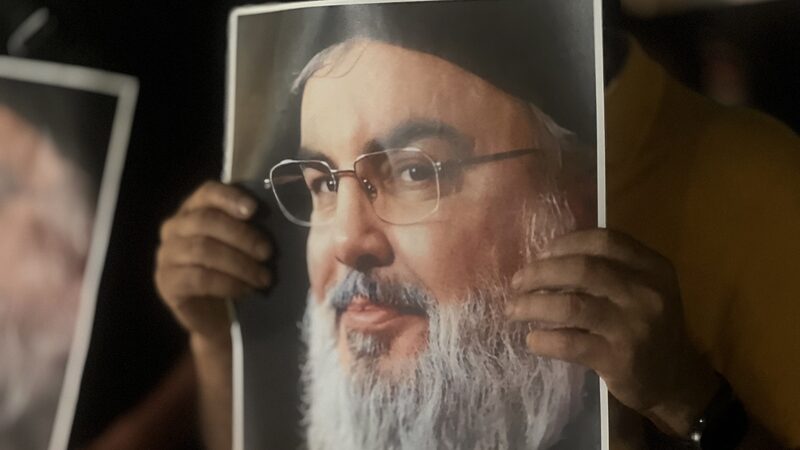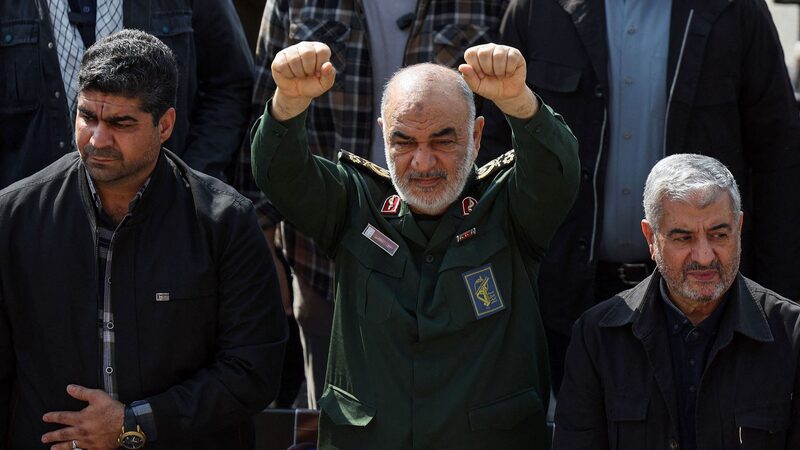Late Saturday night, Iran launched a coordinated drone and missile strike on Israel, marking the first direct military confrontation between the two nations. The attack came in retaliation for Israel's April strike on an Iranian consulate in Damascus – a fiery move that's now put global security on edge 🚨. But will this spark a full-blown war?
The Retaliation Game
Iran flexed its military muscle with hundreds of drones and missiles, aided by regional allies like Lebanon's Hezbollah and Yemen's Houthi forces. Yet experts note Tehran quickly declared its "retaliation complete" afterward – signaling it doesn't want endless escalation. "This was a calibrated response," says Dr. Wang Jin of China's Northwest University. "They showed strength but left room for de-escalation."
U.S. Walks a Tightrope
While the U.S. helped intercept 99% of Iran's strikes, President Biden told PM Netanyahu: "We won't back an Israeli counterattack." Washington fears being dragged into another Middle East quagmire – especially during an election year 🇺🇸. Still, Israel's next move remains uncertain. Analysts predict proxy conflicts could flare in Iraq, Syria, or Lebanon instead of direct Iran-Israel clashes.
What's Next?
All eyes are on diplomatic channels. With regional stability at stake, global leaders are pushing for restraint. As one reddit user put it: "This feels like a Marvel movie showdown – everyone's got their weapons ready, but nobody wants to press the button." 🔍 The coming days will reveal whether cooler heads prevail.
Reference(s):
cgtn.com




